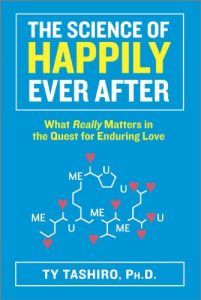Sometimes the middle ground is most empowering
Writing a blog post in plain text isn’t fun. Neither is writing it in a bulky word processor like Microsoft Word. The former is too constrained, the latter too unbridled. Writing in Markdown is fun. It has sufficient features without creating bloat. Building a backend in lambda functions has a strong lock-in. On the other hand, deploying web services on Virtual Machines (or physical machines!), while having little lock-in, is complicated. Docker, however, treads the middle path. Sufficiently robust without pulling in the complications of maintaining a full-fledged virtual/physical machine. ...

